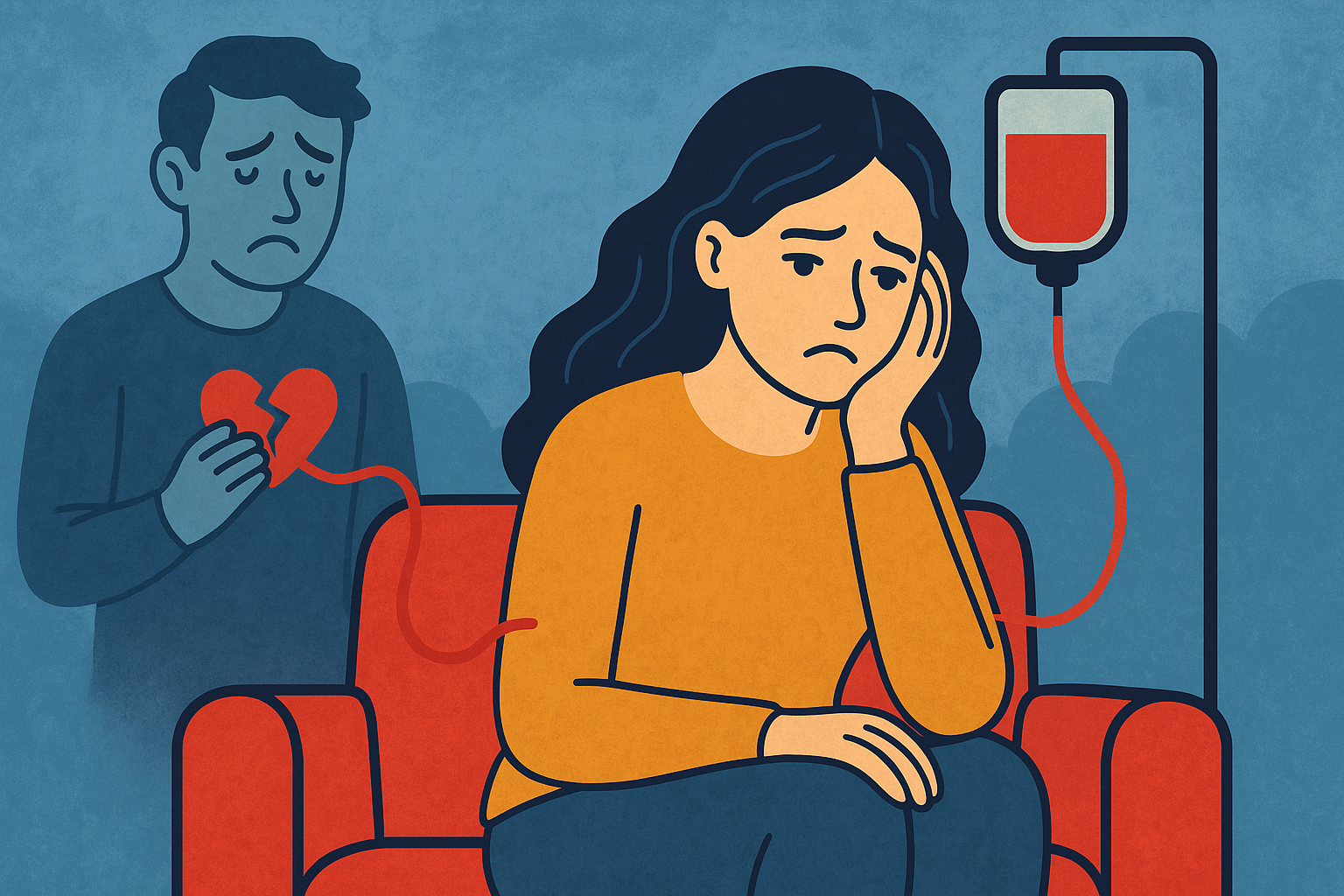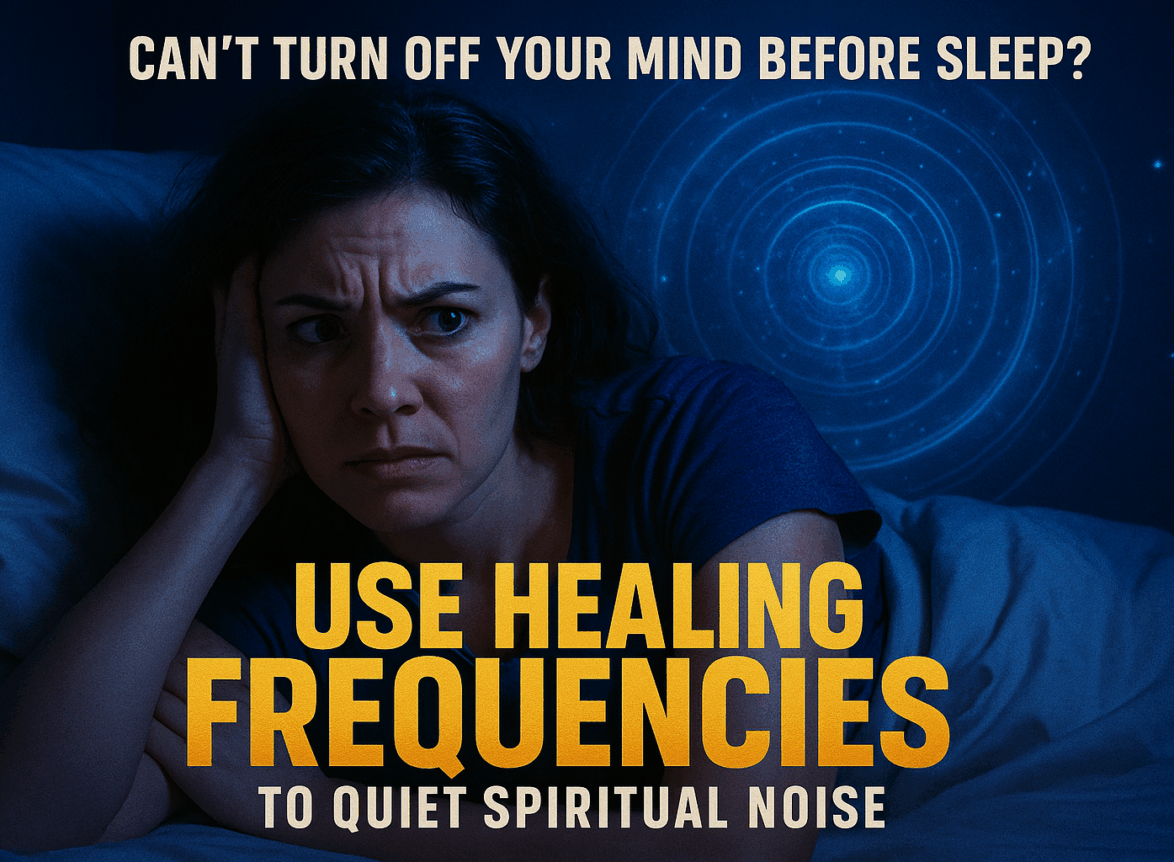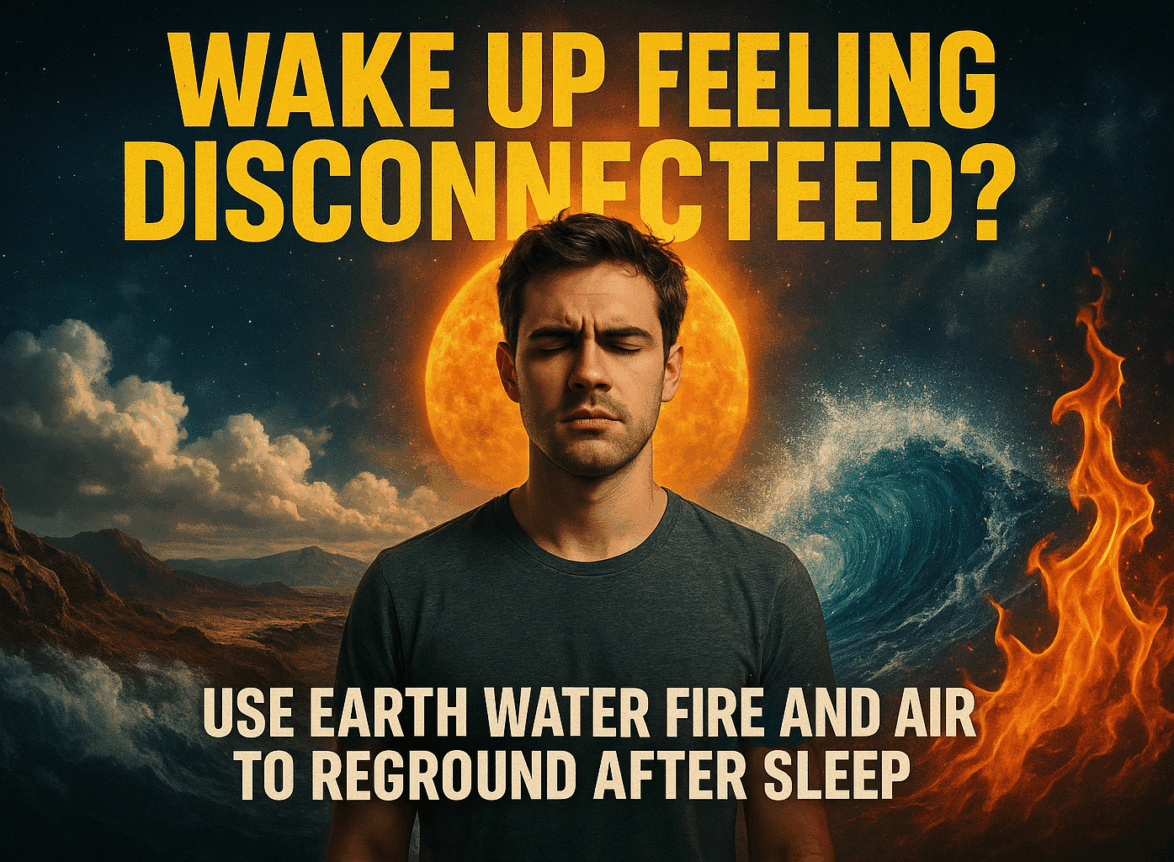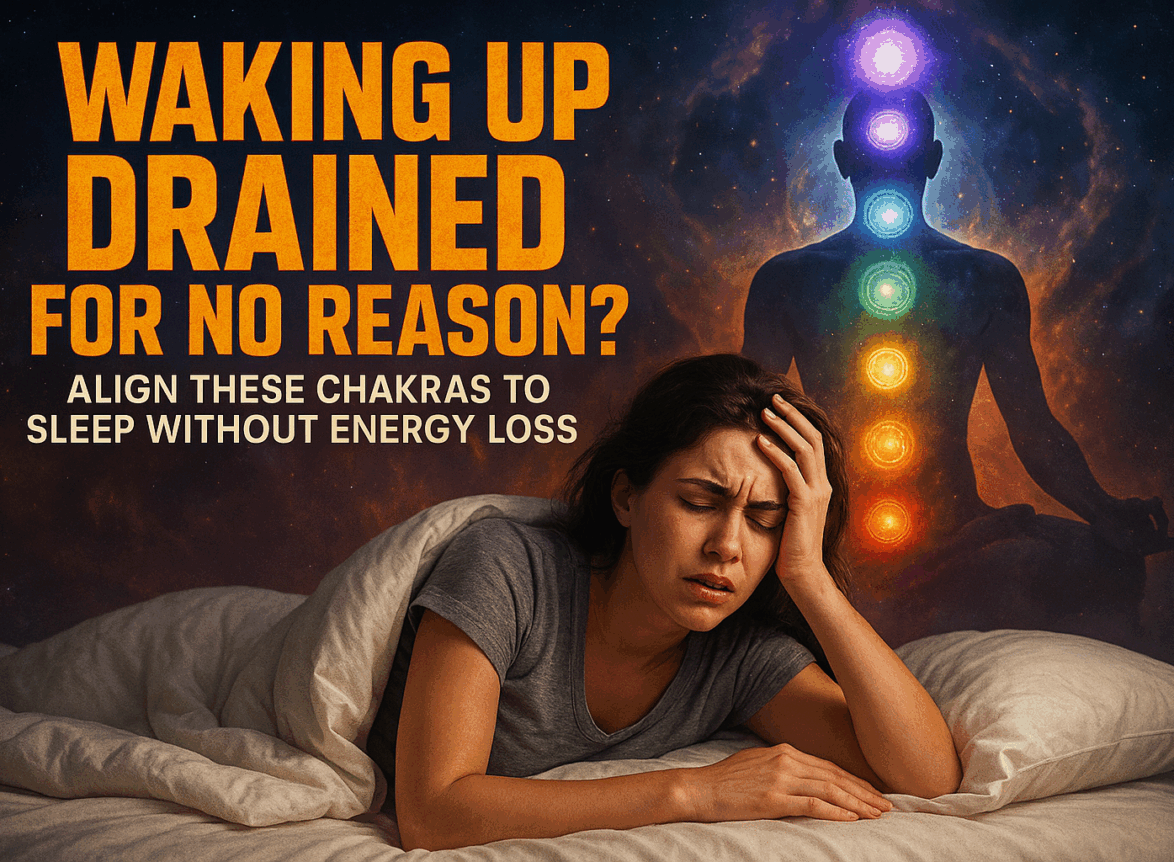💔 You’re Not His Therapist. You’re Not His Mother. But That’s Who He Turned You Into.
You meet him. He’s soft-spoken. Sensitive.
Maybe he’s been cheated on. Maybe he had a rough childhood.
He talks about his pain. His past. His trauma. His potential.
You feel it — that pull to help. To support. To love him back to life.
But months later…
You’re exhausted.
He’s still broken.
And somehow, you are the one unraveling.
You wonder:
- “Am I co-dependent?”
- “Why do I always attract the same type of man?”
- “Why do I feel like a shell of myself after loving them?”
This post is your mirror — and your exit plan.
You’re not cursed.
You’re caught in a Fixer Pattern — and it’s time to break it before it breaks you.
🩹 Why “Wounded Men” Feel So Familiar (And Why That’s Dangerous)
Let’s name it.
You’re drawn to men who are:
- Emotionally unavailable
- Spiritually confused
- Still grieving their last breakup
- Unhealed from childhood
- Financially or mentally unstable
- But full of “potential”
They love-bomb you with vulnerability.
They open up quickly.
They say you “understand them like no one else does.”
And you do.
Because you were trained to understand people more than you were trained to protect yourself.
🧠 The Fixer Pattern is a Trauma Response — Not a Personality Trait
If you grew up in a household where:
- You had to emotionally manage adults
- Your love was conditional on keeping peace
- You were praised for being “so mature” for your age
… then fixing wounded people became a form of self-worth.
You equated:
“They need me” with “I matter.”
But here’s the truth:
Needing you ≠ loving you.
Depending on you ≠ respecting you.
You’re not broken for attracting wounded men.
But it’s your job now to stop letting them bleed all over you while calling it love.
⚠️ The Real Cost of Fixing Others
When you make someone else your project:
- You abandon yourself
- You suppress your needs
- You become the emotional landfill for their pain
- You normalize being unloved while overfunctioning
By the time they leave or drain you dry, you:
- Have health issues
- Feel emotionally numb
- Don’t recognize yourself anymore
This isn’t “just a phase.”
It’s energetic self-harm disguised as devotion.
🧭 SOLUTION: How to Break the Fixer Pattern Before It Breaks You
✅ 1. Admit That You’re Addicted to Potential
Say it:
“I’ve been attracted to what someone could be, not who they are.”
Now ask:
“What have I sacrificed in the name of hope?”
Potential is seductive — it’s the fantasy version of a partner.
But real intimacy comes from someone who:
- Is self-aware, not “on the path”
- Is emotionally regulated, not just “trying”
- Can give, not just take
You deserve someone fully formed — not someone you have to spiritually babysit.
✅ 2. Name the Part of You That Needs to Be Needed
The Fixer is often protecting:
- A scared little girl who learned that being helpful = being safe
- A teenager who was ignored unless she solved problems
- A woman who fears abandonment unless she stays useful
Give that part a name.
Write her a letter.
Tell her:
“We’re done saving men. We’re saving you now.”
✅ 3. Create a ‘Love Inventory’ of What You’ve Given Without Being Asked
Write down:
- The emotional labor you performed
- The money you gave
- The times you coached him through his trauma
- The parts of yourself you dimmed so he wouldn’t feel insecure
Look at it.
That’s not love. That’s emotional servitude.
And you’re not available for that anymore.
✅ 4. Set a New Standard: No More ‘Fixer Projects’
Create a list of non-negotiables:
- Emotionally available
- Actively in therapy or already healed
- Can hold space without making you the therapist
- Takes responsibility for his life
Now use this as a filter.
Anyone who shows up with “I’ve just been through a lot” and no plan, no accountability, no inner work?
You don’t even engage.
You’re not his mother. You’re not his rehab. You’re not his emotional crutch.
You are a whole woman, and you deserve a whole partner.
✅ 5. Learn to Sit With the Void That Comes After Saying No
When you stop fixing, a void opens.
You might feel:
- Useless
- Invisible
- Like you have “nothing to offer”
That’s the wound surfacing — not the truth.
The truth is:
Your love is not measured by how much pain you absorb.
Your power is not measured by how well you survive him.
Learn to sit in that void.
It’s where your real identity lives.
✅ 6. Find Joy in Being Loved Without Earning It
Fixers are used to love being transactional:
- You hold him through his trauma
- You make excuses
- You clean up the emotional mess
- Then maybe he says, “I love you”
You’re not doing that anymore.
Your new standard?
Love that:
- Feels safe
- Feels reciprocal
- Feels boring sometimes (because it’s not chaotic)
Let it feel weird.
Let it feel quiet.
That’s not lack — that’s finally enough.
✅ 7. Make a New Rule: If You Feel Drained After Interacting, You Leave
No more spiritual excuses like:
- “He’s just going through a lot”
- “I feel bad for him”
- “He didn’t mean it”
Ask one question after every interaction:
“Did I feel more alive — or more depleted?”
If it’s depleted?
You don’t stay.
Not one more minute.
Not one more excuse.
You leave.
👑 FINAL WORD: You Don’t Have to Earn Love by Saving Broken Men
You don’t exist to be a healing station for unhealed men.
You don’t exist to carry generational trauma on your back while smiling through it.
You don’t exist to shrink into a caretaker role just to be seen.
You are not a nurse. You are not a therapist.
You are not his redemption story.
You are here to love — and be loved — in full return.
And from now on?
No more fixing.
No more bleeding for “potential.”
No more calling it love when it’s just pain wearing intimacy as a mask.
You are done.







Leave a comment
Your email address will not be published. Required fields are marked *